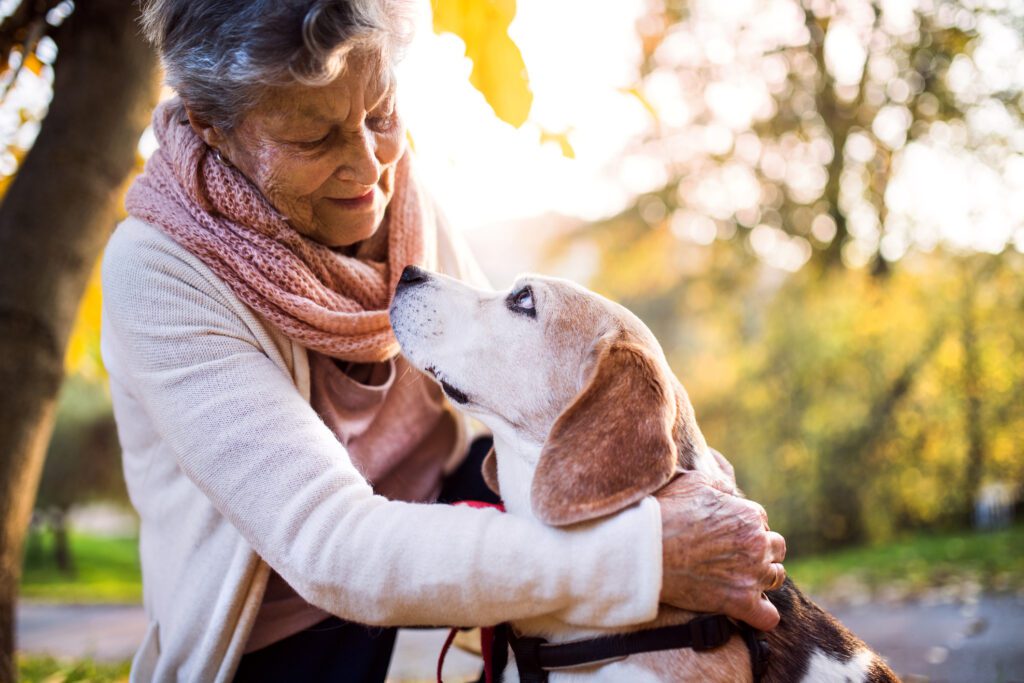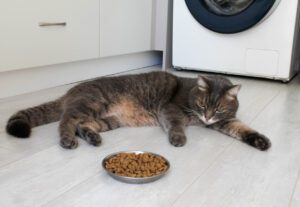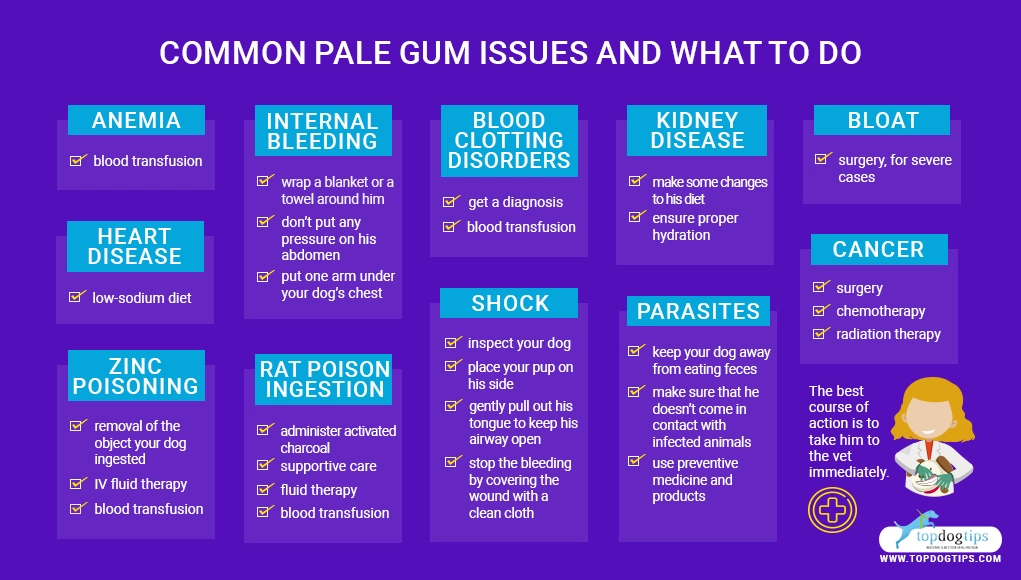Elderly Pet Wellness: 7 Signs Not To Ignore

Let’s be honest…no one wants to think of their pet passing away. The topic of death and dying is a “taboo” topic for most. Yet, it is one of the most difficult times we face in our life…for ourselves, family and as pet owners. Especially with how animals are a part of our family unit these days, losing our beloved best furry friend- BFF can be no different than losing a family member or friend.
The only difference is that animals can’t speak to us in words on how they are feeling. So it’s up to us to speak a different language—the non-verbal cues of reading signs when it comes to our pet’s health and elder pet care. If your pet is getting older and you are worried of what signs to look for, here are 7 important signs not to ignore. According to Forever Companion, a full service at home pet hospice and aftercare company in Reno – Nevada, Dr. Elisa Bandelin states, watch for these signs:
- Decreased appetite
- Increased thirst
- Cough
- Increased respiratory rate
- Pale gums
- Pain
- Increased anxiety
Decreased Appetite:
You will notice a big difference of appetite. Either a decrease in food intake or refusal of food altogether, this is a very important sign. Monitor their food and whether the amounts they are actually eating or is it that the food bowl stays empty after a normal routine feeding time. If you have other pets in the home, be sure to feed separately if you suspect one not eating. Make sure someone else in the home isn’t eating your “elderly” pets food also. You need a clear picture of what food is or isn’t being consumed.

Increased Thirst:
Does your pet seem to not get enough water? Are you filling the water bowl up more often? This can be a sign of more serious medical condition or disease. Common issues are related to kidneys, thyroid and diabetes. In any case, call your veterinarian for a check up. If there is cause for concern, measure out water and write down how many cups are consumed in what amount of time. Your vet will ask you if he/she is eating and drinking regularly. Having an idea of what is “regularly” and what may be more or less is very important information to give your veterinarian.
Cough:
Coughing can also be a cautionary sign of an underlying health issue. Coughing can relate to heart and lungs. As we get older, we of course have a lot of wear and tear on our body and organs. Coughing is a sign your pet is showing you that something may need to be checked out. What kind of cough is it? In other words, does it sound like a gagging sound, or more of a dry cough and/or is he/she coughing to point of vomiting. Coughs can also be related to other infections and/or something in throat. A common pesky plant in the western United States is the foxtail. This too is an all too common reason for coughing and sneezing and has nothing to do with age.
Increased Respiratory Rate:
A change in respiratory rate can be very serious. Dogs and cats can show rapid breathing due to anxiety, exercise and over heating; however when you are dealing with an elderly pet who is not doing well a sign of increased respiratory rate can tell you there may be a developing heart issue and respiratory distress. A normal at rest breaths per minute for a dog is 15-35 bpm (breaths per minute) Anything over 40 is considered a warning sign. The same goes for labored breathing or if your pet seems to be struggling. Any sign of abnormal breathing pattern for your beloved pet is a for sure warning and one that a veterinarian should be called quickly.
Pale Gums:
The color of a pet’s gums can tell you a lot; however it’s hard for the average pet owner to determine what is pink to light pink to red and what each level of color can signify. When you are worried about your elderly pet and you’re seeing any combination of signs we have already discussed; and you are worried something is “off”, another good test can be to check the gums. Touch the gums…are they sticky and dry? Sticky pale gums can indicate that your pet is dehydrated. Pale gums alone can tell you of possible problems ranging from hydration, circulation, clotting, anemia and heart disease. Pale gums alone can mean a wide range of things; so be sure with your elderly pet that other signs i.e. lethargy, appetite loss, breathing issues, etc. are present before causing concern.

Pain:
Is your pet in pain? You know your pet better than anyone. You know their patterns, personality, schedule and routine. Just as your child or family member may be in pain, you would know. Listen for whimpers, cries and whines. Look for wincing and odd body movements. If your pet is showing pain, call your vet immediately.
Increased Anxiety:
There are pet breeds and personalities that are known to be more “neurotic” or “anxious” than others. Again, you know your beloved. What causes them anxiety? A visit to the vet or groomer? The mailman? Children? If your pet seems more anxious and/or an increased anxiety for no reason, then they are telling you something. How do pets show anxiety? Think about how you feel when you are anxious…nervous, jittery, uncomfortable. Pets are the same. Pets show increased anxiety by pacing, excess panting, hiding, excessive grooming/licking, aggression, trembling, barking.
So what to do:
Ok…so your pet is showing a few of the top 7 signs not to ignore with an elderly pet. You are worried and feel a bit panicked. The best thing to do is stay calm, write down the signs you have been seeing, timeline of events and call your veterinarian. They will ask you a series of questions on timeframe of symptoms, if he/she is eating drinking and go down the list of the 7 signs. When it is determined whether you will be taking your pet into the vet hospital or having a vet come to your home, you will soon have answers and also a plan.
If your pet is elderly and getting closer to their end of life, there are options for their care when a cure isn’t possible. It is a fact of life, when we get older we will pass on. So what options do you have as a pet owner to provide your pet with a comfortable and compassionate end of life experience? Believe it or not; but you have many. Veterinary medicine now provides not only great options for analgesics (pain medications) but holistic options as well.
At home pet hospice care is becoming more popular. In Reno, Nevada – Forever Companion offers a professional and compassionate quality of hospice care in the comfort of your own home. For many pets, a trip to the veterinary hospital can be extremely stressful. Why would you want to create more trauma for your pet when it can be unnecessary? If you have been working with a veterinarian and have determined that there is no cure and your pet is at their end of life; then at home hospice can be a wonderful option.
Forever Companion can provide you and your pet:
- Quality of Life Consultation and Assessment
- Comprehensive Education: This is crucial to understand your beloved pet’s disease process based on your pet’s diagnosis from his/her’s regular veterinarian
- Assessment and plan for maximized pain control, nutrition, supplements, medications, hydration, vitamin therapy, emotional stability and sleep quality
- Frequent communication — To have your questions answered and your beloved pet monitored with a veterinary technician provides a better quality of life.
- Home care avoids stressful veterinary hospital environment
- Peace of mind that your pet is in expert hands and that you are doing everything possible to support them through this important final stage of life.
The important thing to remember here is how to read the signs of what your pet is trying to tell you. Have confidence in yourself that you know your pet the best. You understand them and if you think something is off, then something is off. Follow the 7 signs, take notes and call your veterinarian.

